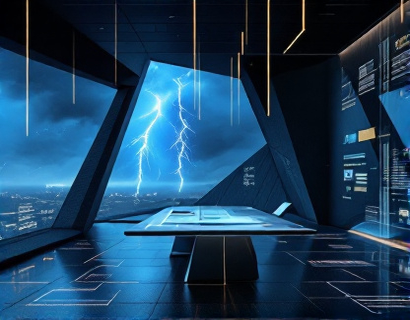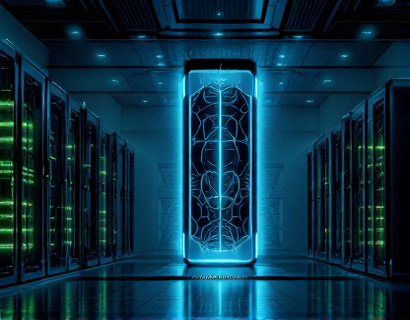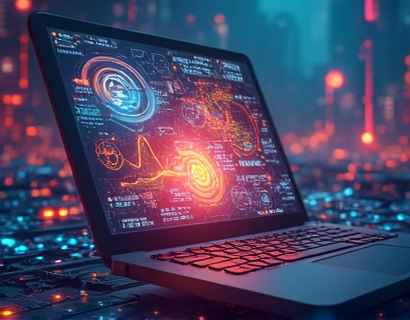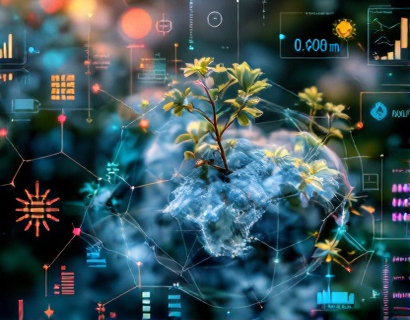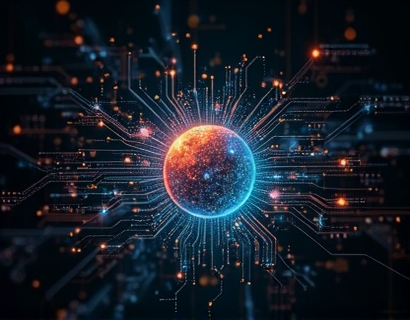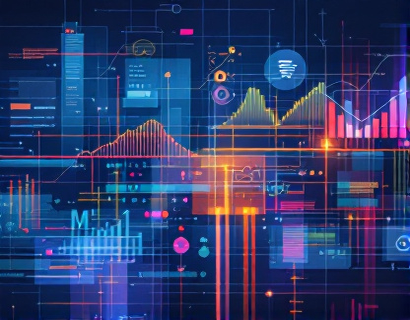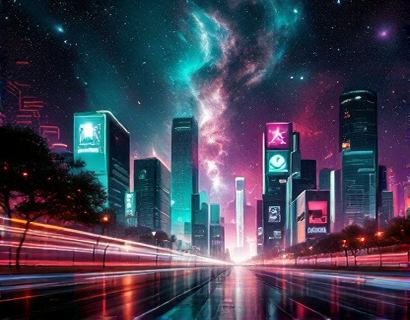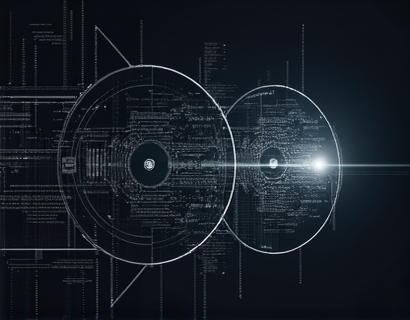NFTs: Empowering Creators and Collectors in the Digital Age
The digital landscape is evolving at an unprecedented pace, and with it comes the rise of Non-Fungible Tokens (NFTs). These unique digital assets are revolutionizing the way creators and collectors interact, offering innovative solutions that enhance the ecosystem of digital ownership. In this article, we will explore how NFTs empower creators and collectors, redefine digital ownership and scarcity, and unlock endless possibilities in the ever-evolving digital landscape.
Understanding NFTs
Non-Fungible Tokens, or NFTs, are digital assets that represent ownership of a unique item or piece of content on the blockchain. Unlike cryptocurrencies such as Bitcoin or Ethereum, which are fungible and can be exchanged for one another, NFTs are one-of-a-kind and cannot be replaced. This uniqueness is what gives NFTs their value, making them ideal for representing digital art, music, videos, virtual real estate, and more.
The Rise of Digital Ownership
As the digital world expands, the concept of ownership is being redefined. Traditional ownership models are being challenged by the decentralized nature of blockchain technology, which allows for transparent and secure transactions. NFTs provide a way for creators to establish verifiable ownership of their work, ensuring that they receive recognition and compensation for their creations.
Empowering Creators
For artists, musicians, and content creators, NFTs offer a new avenue for monetization. By minting their work as NFTs, creators can sell their digital assets directly to collectors without the need for intermediaries. This direct-to-consumer model not only increases profits for creators but also fosters a deeper connection between artists and their audience.
Creating Unique Digital Assets
The process of creating NFTs is accessible and user-friendly. Many platforms provide intuitive tools that allow creators to mint their digital assets with ease. This democratization of technology means that anyone with a creative vision can participate in the NFT space, regardless of their technical expertise.
Royalties and Ongoing Revenue
One of the most significant advantages of NFTs is the ability for creators to earn royalties on secondary sales. When an NFT is resold, a percentage of the sale price can be automatically sent back to the original creator. This ongoing revenue stream is a game-changer for artists, providing them with a sustainable income model that traditional art sales do not offer.
Connecting Collectors with Unique Assets
For collectors, NFTs represent a new way to invest in and showcase unique digital assets. The appeal of owning a one-of-a-kind piece of digital art or a rare collectible is driving interest in the NFT market. Collectors are not just purchasing assets; they are investing in the future of digital culture.
Building a Diverse Collection
The NFT marketplace is vast and varied, offering collectors the opportunity to build diverse collections that reflect their personal tastes and interests. From digital art and music to virtual real estate and gaming items, the possibilities are endless. This diversity allows collectors to engage with different aspects of digital culture and connect with like-minded individuals.
Community Engagement and Networking
Owning NFTs often comes with access to exclusive communities and events. Many creators and platforms host virtual gatherings, exhibitions, and discussions that allow collectors to engage with artists and fellow enthusiasts. This sense of community enhances the overall experience of collecting and fosters a vibrant ecosystem where creativity thrives.
Redefining Scarcity in the Digital Age
In the digital world, scarcity has always been a challenge. Unlike physical items, digital files can be easily copied and shared, leading to questions about ownership and value. NFTs address this issue by establishing verifiable scarcity through blockchain technology. Each NFT is unique and cannot be duplicated, creating a sense of rarity that is highly valued by collectors.
The Role of Smart Contracts
Smart contracts are a fundamental component of NFTs, enabling automated transactions and ensuring that the terms of ownership are upheld. These self-executing contracts are programmed to execute specific actions when predetermined conditions are met. For example, a smart contract can automatically distribute royalties to creators upon the resale of an NFT, ensuring that they continue to benefit from their work.
Innovative Solutions for Ecosystem Enhancement
The NFT ecosystem is continuously evolving, with new solutions emerging to enhance the experience for both creators and collectors. From improved marketplaces to enhanced security measures, innovation is at the forefront of the NFT movement.
Decentralized Marketplaces
Decentralized marketplaces are gaining traction as they offer a more transparent and secure way to buy and sell NFTs. These platforms eliminate the need for intermediaries, allowing creators to retain more of their earnings while providing collectors with a direct connection to the artists. This shift towards decentralization aligns with the core principles of blockchain technology, promoting fairness and accessibility.
Enhanced Security and Ownership Verification
Security is a top concern in the digital space, and the NFT ecosystem is no exception. Innovative solutions are being developed to enhance security measures, ensuring that both creators and collectors can engage with confidence. Blockchain technology provides a secure and immutable record of ownership, reducing the risk of fraud and ensuring that digital assets are protected.
The Future of NFTs and Digital Assets
The future of NFTs and digital assets is bright, with endless possibilities on the horizon. As technology continues to advance, we can expect to see new use cases for NFTs that extend beyond art and collectibles. Industries such as gaming, real estate, and entertainment are beginning to explore the potential of NFTs, paving the way for a more integrated digital experience.
Gaming and Virtual Worlds
The gaming industry is one of the most promising areas for NFT integration. Players can own in-game assets as NFTs, allowing them to trade, sell, or use these items across different games and platforms. This interoperability creates a more engaging gaming experience and empowers players to have true ownership of their digital assets.
Real Estate and Virtual Property
Virtual real estate is another exciting frontier for NFTs. As virtual worlds and metaverses gain popularity, the ability to buy, sell, and trade virtual land as NFTs is becoming a reality. This new form of digital ownership allows users to create, develop, and monetize their virtual properties, further blurring the lines between the physical and digital worlds.
Conclusion
NFTs are transforming the digital landscape, empowering creators and collectors while redefining ownership and scarcity. As we continue to explore the limitless possibilities of NFTs, it is clear that this innovative technology is here to stay. By fostering a vibrant community and providing intuitive platforms for creating, trading, and managing digital assets, NFTs are paving the way for a new era of digital ownership. Embrace the future of creativity and innovation, and join the dynamic ecosystem that is shaping the digital age.




